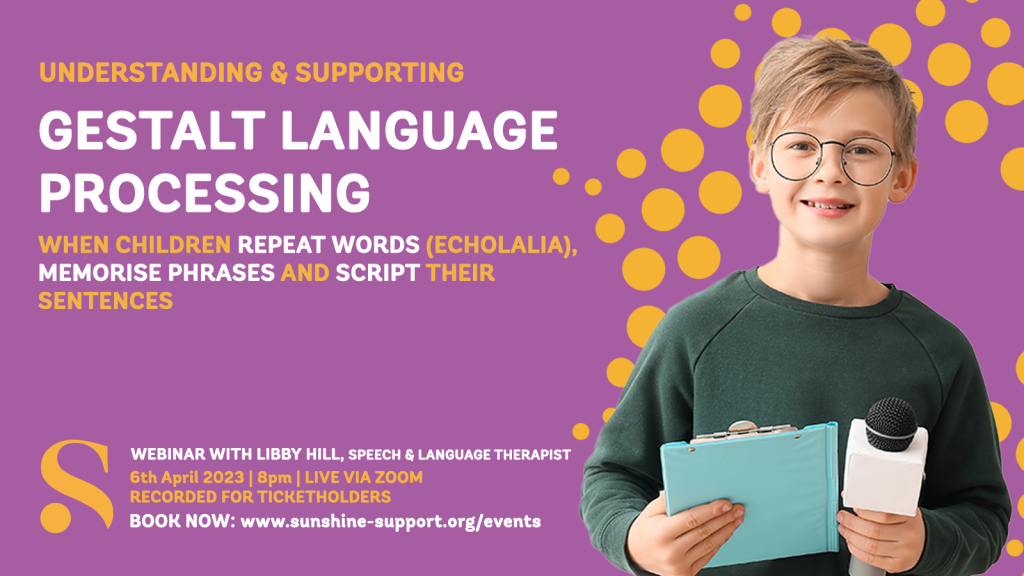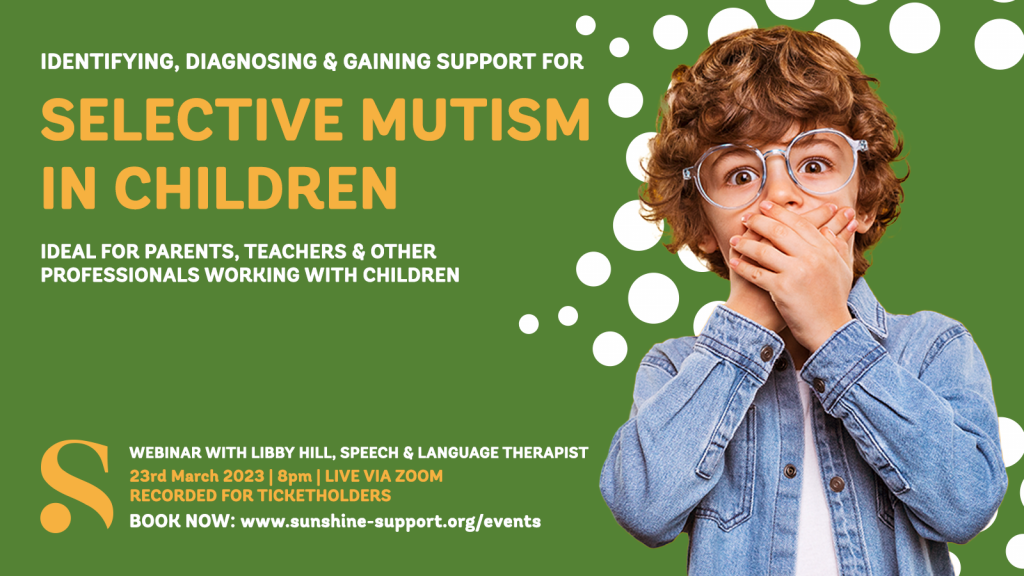It’s not for everyone, but for some it’s a life saver…

In short, my daughter is Autistic with a diagnosis of PDA and other co-occurring presentations and conditions. 2 years ago we won a high court case after she was failed to be educated for almost 18 months. The process was heartbreaking, soul-destroying and damaging for us all – but we live to tell the tale!
I often talk about our journey in workshops , however, I seldom get the opportunity to share what has happened in the last 2 years since winning our High Court case and subsequent third SEND tribunal – and whether it was all worth the enormous battle!
Why needs couldn’t be met at home…
I make no secret of the fact my daughter has a very holistic educational provision by way of a 52 week waking day provision. This is entirely funded by Education because her needs, whilst deemed ‘life skills’ and ‘executive functioning’ are actually educational, and not necessarily just a social care need. It is also imperative that therapies (OT, SLT etc) are delivered in order for her to learn, without them she cannot access her education.
I often get the comment from parents and carers “I couldn’t do that to mine” or “I don’t know how you could send her away” or the most common “my child isn’t like ‘that’ sort of child that you find at ‘those’ schools.”
No matter how well-meaning those comments are, they are hurtful. They insinuate that I made a choice to send my child away. No, no. I did not make a choice. The move to this provision wasn’t for me, it was for her and it was what she needed.
No more could we afford the risk of NHS waiting lists, non-commissioned services and failure after failure to keep my daughter safe, and promote her life and wellbeing.
I have never, and will never, hold my children back from achieving their dreams in a safe way. And this was certainly the case with the provision my daughter has… Even if it was a huge risk at the time!

Debunking the Myths of Specialist Schools
Firstly, let’s talk about educational provisions . If you go to ANY mainstream school, and run a survey with their students you will find a vast spectrum of abilities, interests and cultures. This is no different to a cohort of students who have special educational needs. No two people are the same, even if their diagnoses look similar!
It’s also important to note, that parents have active roles in choosing their education provision for their child which is why we choose to live in catchment areas of certain schools etc – that choice is also there for parents and carers of children with SEND.
There are many different types of provision when it comes to special educational needs. Before I continue I must stress the importance of having an EHCP in any of these settings to ensure clear planning and outcomes as well as it being legally binding, unlike IEPs etc. ( If you’d like help gaining an EHCP, please contact our team here )
Some of the different ways to educate a child with special educational needs are:
- Mainstream with additional support.
- Mainstream with an enhanced resource unit (ERN)
- Special schools
- Specialist schools
- Out of school tuition (OOST)
- Education other than at school (EOTAS)
- Home education
There are pros and cons to all of those listed above. What is important to note, is what works for one child/family may not work for another. As the saying goes “If you’ve met one person with Autism, then you’ve met one person with Autism”; whilst I will explore specialist provisions in more detail as it was right for my daughter it doesn’t necessarily mean that all Autistic students need this sort of provision.
We hear good and bad stories about all schools, in fact some of the best and worst stories often come from parents who’s children attend the same school!
For those sourcing a school, by all means take in to consideration reputation of the school but ALWAYS go and visit with your well-thought-out crib sheet of essentials of the provision.
My daughter attends a specialist school. I interviewed more than 40 schools all over the country for her over the phone, some receiving several neurotic phone calls from me triple checking their provision. I visited around 10 schools in person. I settled on a Specialist School for my daughter. Why? Let me explain…
- Mainstream did not work out for her. It was unethical to continue to send her there, given how damaging it was for her.
- An enhanced resource was only going to do the same amount of damage and possibly single her out, which as an academic she was never going to respond well to.
- We have no special Autism/PDA schools locally; there are general special schools with a very mixed cohort but this wasn’t right for her. The school that I did visit however, had a higher number of Autistic young people in attendance, but the expectation of their academic abilities was very low meaning my daughter could only achieve 0-3 GCSEs there. GCSEs are not important to me but very important to my daughter, so this was not an option.
- The specialist school I chose offered unlimited GCSEs and qualifications until age 19. It had a mixed cohort of girls and boys. It had its own private CAMHS team on site (Psychiatry, Psychology, OT, SLT, Psychotherapy, Holistic Therapy etc). It had no corridors, and its classrooms led out onto a courtyard in acres of land. Learning could be achieved in or outside a classroom. Teachers were all highly qualified and experienced in ASD (particularly with those with no/mild learning difficulties) and PDA. Care staff were trained to the same level in ASD presentations. There were many other reasons… But the decision for this school to educate my child was not taken lightly.
- OOST, EOTAS & Home Education were not going to work for my daughter. It was the therapies that she needed input from more than teaching, and that is not something I am qualified to provide. Given I am mum, she would also pick and choose what she learned from me and so I’m not best placed to be teaching her! One of the skills she wanted to develop was social, and that wouldn’t have been achievable for her. I explored many options and drew a blank.
It’s also important to note that the provision my daughter needs is not available through the NHS or the LA’s offering locally; another reason why it was essential her future provision offered it all under one roof (so to speak) and that this was accessed through a thoroughly and carefully written EHCP. (Parents and schools are often told EHCPs aren’t for this purpose, read more about the truths and myths surrounding EHCPs here and get in touch if you’d like more information).
So that shows the level of thought and consideration that needs to go into finding the type of school that your child needs. It is not a decision you should take lightly, and should you find yourself at tribunal you need to be very clear about your reasons for choosing the provision that you have.
In short, Specialist Schools are often (in my experience, particularly for ASD with no/mild learning difficulties) very academic and ambitious. They support children who are very bright, and have high expectations of themselves in the future.
I attended a celebration day recently at a Specialist School where one 18 year old 6th form leaver had been accepted at Oxford University. So the myth of “my child is too bright for a specialist provision” which has been portrayed in the media recently, is just that – a myth.
In the right setting, the education team will tailor make an educational provision that is right for your child. But your expectations need to be transparent from the start.
Planning to view provisions for your child?
Click here to download our checklist (for free) to ensure you ask the right questions…

How has an 8-strong therapy team benefitted my daughter?
My daughter was out of school for almost 18 months before starting her specialist placement. Her sensitivities to life in general were very high, and her threshold for tolerating any noise, light, conversation etc was getting lower and lower. She very occasionally left the house, and her mental health was in the gutter. Her decision making in order to keep herself safe had become impaired, too.
Now? She’s accessing life and really living it. She has attended social activities with peers inline with what is expected of a teenager of her age. She plays team games, intellectual games, goes out most evenings, goes on independent trips with friends, walks for miles, goes shopping, does all her own cleaning and cooking (more than your average teenager!) and attends her lessons (this last part is up for negotiation though, as each week is different!). She self-regulates, has a better understanding of herself and her extra-ordinary abilities as well as the parts of her that find life difficult. She prepares for the things she really wants to achieve, like recently she attended Pride and prepared herself for days before and ‘came back to baseline’ for days after.
She has friends. She has people she can trust, who understand her. She’s no longer bullied.
“Mum, for the first time ever I feel normal. I don’t stand out. I feel like I’m someone”
We wouldn’t have heard this from her had we kept forcing her to attend a mainstream.
But let’s not forget, she has a very, very highly trained and skilled team wrapped around her 24 hours a day to ensure this is achieved and maintained; and it’s no walk in the park for them!
Having seen the level of strategic intervention that takes place weekly for her, with lots of planning from the senior leadership team it was never going to be a job we could have achieved as parents. Never.
The team consists of a Consultant Psychiatrist, team of Psychologists, OTs, SLTs, Psychotherapist and they work intrinsically with the education and care team. It’s essential to keeping my daughter alive and living her best life.
In short, this specialist placement has saved her life and I wish I’d found it earlier.







